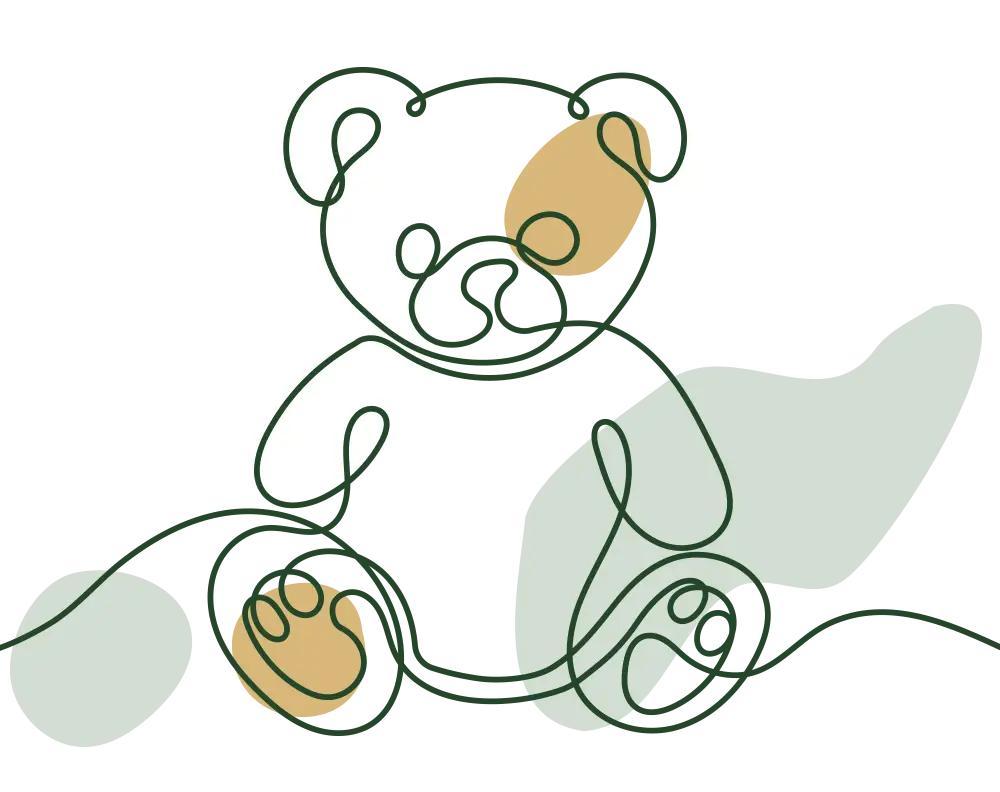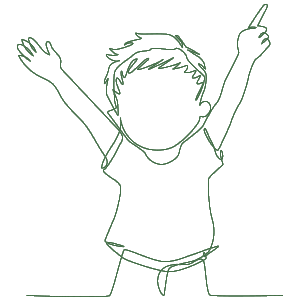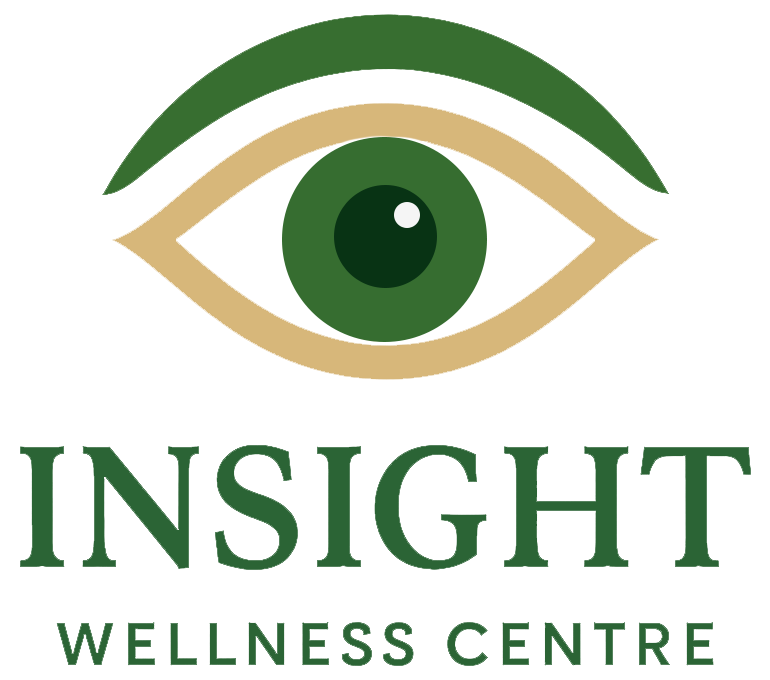Child Therapy
“Children are not things to be moulded, but are people to be unfolded.”
— Jess Lair
Children, like adults, benefit from support in processing their emotions and co-regulating their nervous systems.
See psychologists specialising in Child Therapy

Signs Your Child Might Benefit from Therapy

Persistent sadness, anxiety, or mood swings
Difficulty managing anger or frequent temper tantrums
Withdrawal from friends, family, or activities they once enjoyed
Changes in eating or sleeping patterns
Trouble concentrating or sudden drop in school performance
Excessive fears or worries that interfere with daily life
Nightmares, bedwetting, babytalk or other regression behaviours
Difficulty expressing emotions or frequent outbursts
Experiencing trauma, loss, or significant life changes
Struggling with social skills or forming healthy relationships
Signs of low self-esteem or negative self-talk
Unexplained physical symptoms like headaches or stomach-aches
Hyperactivity or trouble sitting still and focusing
What therapeutic options are there for children?
For younger children, we recommend play therapy. Older children and adolescents that have more advanced language skills are able to participate in other forms of therapy. Importantly, parental guidance is an important part of our ethos when working with children and adolescents.
Play therapy
Play therapy is a gentle, effective approach designed especially for children to express their feelings, process experiences, and resolve challenges through play. Since children may find it difficult to put emotions into words, play becomes their natural language. In a safe and supportive environment, therapists use toys, games, art, teddy-bear therapy and imaginative activities to help children explore emotions, build coping skills, and foster healing and growth





